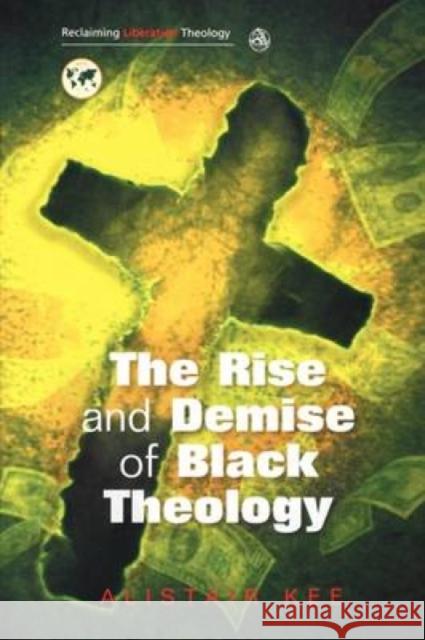Rise and Demise of Black Theology » książka
Rise and Demise of Black Theology
ISBN-13: 9780334041641 / Angielski / Miękka / 2008 / 252 str.
Rise and Demise of Black Theology
ISBN-13: 9780334041641 / Angielski / Miękka / 2008 / 252 str.
(netto: 165,11 VAT: 5%)
Najniższa cena z 30 dni: 171,00
ok. 16-18 dni roboczych.
Darmowa dostawa!
Black Theology emerged in the 1960s as a response to black consciousness. Since then it claims to have broadened its perspective to include oppression on the grounds of race, gender and class. In this book Alistair Kee contests this claim, arguing that Black and Womanist Theologies present inadequate analysis of race and gender and no account at all of class or economic oppression. Content with American capitalism, Black Theology has failed to address the source of the impoverishment of black Americans at home. Content with a romantic image of Africa, this African-American movement fails to defend contemporary Africa against predatory American global ambitions. Blacks in the West, Kee claims here, are no longer the victims; they are the voters and consumers who should be able to influence western governments into changing policies towards the third world. This book does not argue that Black theologians should give up, but that they should move on, for the sake of the black poor in America, the black poor in Africa and the third world. Alistair Kee was Emeritus Professor at the University of Edinburgh
Black Theology emerged in the 1960s as a response to black consciousness. Since then it claims to have broadened its perspective to include oppression on the grounds of race, gender and class. In this book Alistair Kee contests this claim, arguing that Black and Womanist Theologies present inadequate analysis of race and gender and no account at all of class or economic oppression. Content with American capitalism, Black Theology has failed to address the source of the impoverishment of black Americans at home. Content with a romantic image of Africa, this African-American movement fails to defend contemporary Africa against predatory American global ambitions. Blacks in the West, Kee claims here, are no longer the victims; they are the voters and consumers who should be able to influence western governments into changing policies towards the third world. This book does not argue that Black theologians should give up, but that they should move on, for the sake of the black poor in America, the black poor in Africa and the third world. Alistair Kee was Emeritus Professor at the University of Edinburgh











